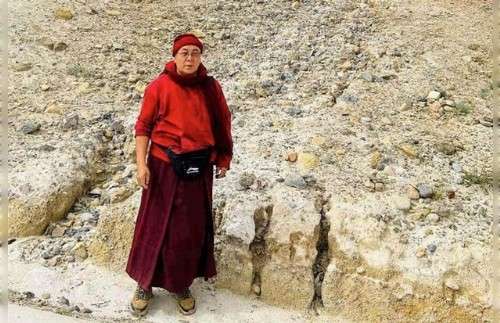
Hindus are Pakistan’s largest non-Muslim community, accounting for two to four percent of the country’s population.
But Human Rights activists and International Human Rights Organizations appealed time and again that Pakistan’s goverment must respect the Hindu community’s right to freedom of religion and belief, including the right to build temples to practise it.
The destruction of the Hindu temple site in 2020, they argue, is yet another example of the Hindu community’s discrimination in Pakistan. A mob also tore down the boundary wall of the site where the temple is intended to be built in Pakistan’s capital, Islamabad. boundary wall of the site where the temple is supposed to be constructed has also been torn down by a mob.
In Pakistan, “blasphemy” accusations against minorities are frequently made on the basis of little or no proof. There is overwhelming proof that the laws are in violation of human rights, and they have prompted people to take matters into their own hands.
In Pakistan, where strong religious feelings have led to mob violence and worse in the past, blasphemy is a touchy subject.
Blasphemy is a life-or-death situation for people accused of it, which can include anything considered a deliberate insult to God, Islam, or religious authorities. Any convicted blasphemer faces life imprisonment or death, according to the sections of Pakistan’s penal code.
Blasphemy is a highly emotional offence, making it difficult to secure a fair trial in cases involving religious views.
One of Pakistan’s most contentious laws is the blasphemy legislation. Blasphemy accusations, according to rights groups, are frequently abused and used to settle personal vendettas.
Despite opposition, Pakistan’s government has advocated for stringent blasphemy laws to be enforced. Millions of Pakistanis were warned not to post, distribute, or upload “blasphemous” material online by the government time and again, through newspaper ads and text messages on mobile phones.
Generally in these cases,complainer often said the accused person sent him a blasphemous text messege via WhatsApp or messenger or from other online platforms.But accused person or his or her lawyer denied that he or she never sent any blasphemous material to anyone.
However, according to rights activists, it is difficult to deny or dismiss evidence if something has been levelled against the accused and there is sufficient evidence on file to back up that claim.
Religious influence in Pakistan is quite powerful, and this mindset has an impact on police and other law enforcement agencies in such touchy issues.


















